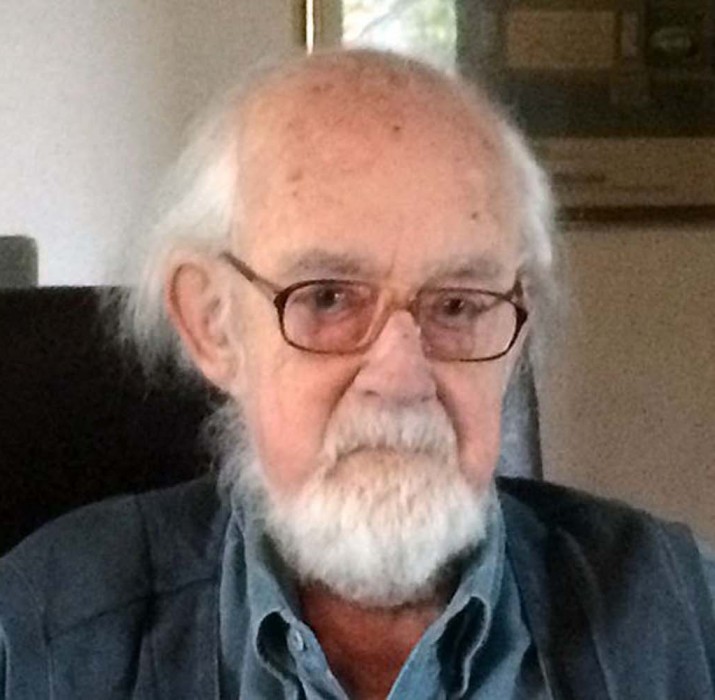Yes Minister writer Sir Antony Jay dies at 86
Sir Antony Jay, the co-writer of TV political comedies Yes Minister and Yes, Prime Minister, has died aged 86 after a long illness.

Sir Antony Jay, the co-writer of TV political comedies Yes Minister and Yes, Prime Minister, has died aged 86 after a long illness.
A representative said the former broadcaster died on Sunday evening surrounded by his wife and family.
He penned the 1980s BBC television series, starring Paul Eddington and Sir Nigel Hawthorne, with Jonathan Lynn.
Sir Antony’s career began in the BBC’s current affairs department where he was a founding member of the Tonight team.
He later scripted the documentaries Royal Family and Elizabeth R: A Year in the Life of the Queen, after which he was appointed Commander of the Royal Victorian Order for personal services to the Royal Family.
Yes Minister, which ran for three series between 1980 and 1984, followed the travails of MP James Hacker, minister for administrative affairs, and his battles against unflappable Whitehall civil servant Sir Humphrey Appleby.
Yes, Prime Minister, broadcast for two seasons between 1986 and 1988 portrayed Hacker’s life after he entered 10 Downing Street.
Then Prime Minister Margaret Thatcher was known to be a great fan of the series.
The BBC was given permission to shoot exteriors in Downing Street, and Eddington was allowed to walk through the famous door.
Sir Antony and Lynn returned to the comedy in recent years collaborating on a stage version of Yes, Prime Minister in 2010, while writing three general election-inspired sketches aired on BBC’s Newsnight in the same year.
Earlier this month, the duo reunited again to write a new Yes Minister sketch published the Guardian newspaper inspired by the UK’s vote to leave the EU.
In his later years, Sir Antony had become an outspoken critic of the BBC, recommending in a 2008 report for the centre-right think tank the Centre for Policy Studies that the corporation be slimmed down to BBC One, Radio 4 and a news department.
He also criticised the BBC for being “biased” on climate change, and suggested staff were “anti-industry” and “anti-monarchy”.









